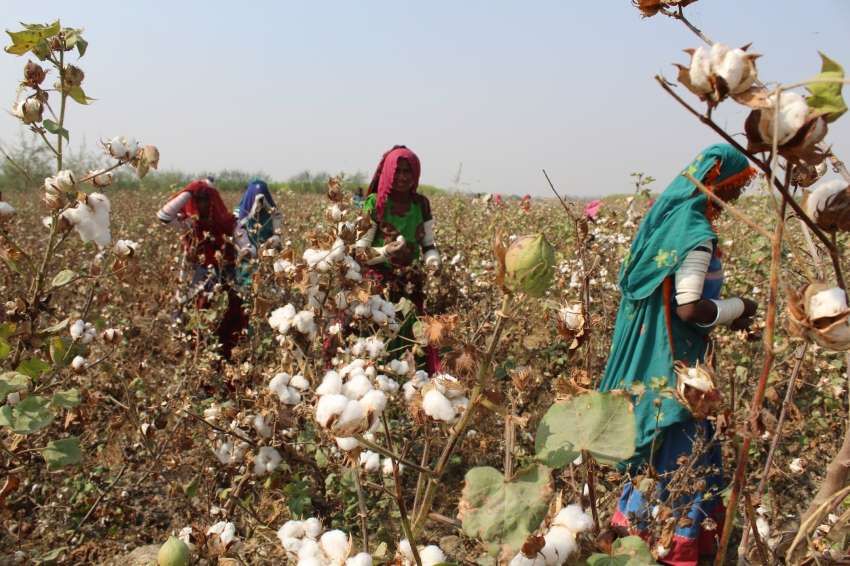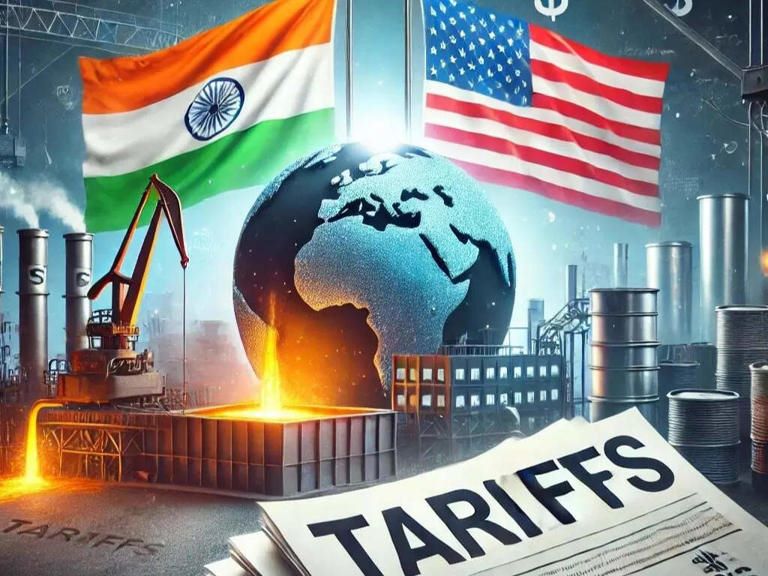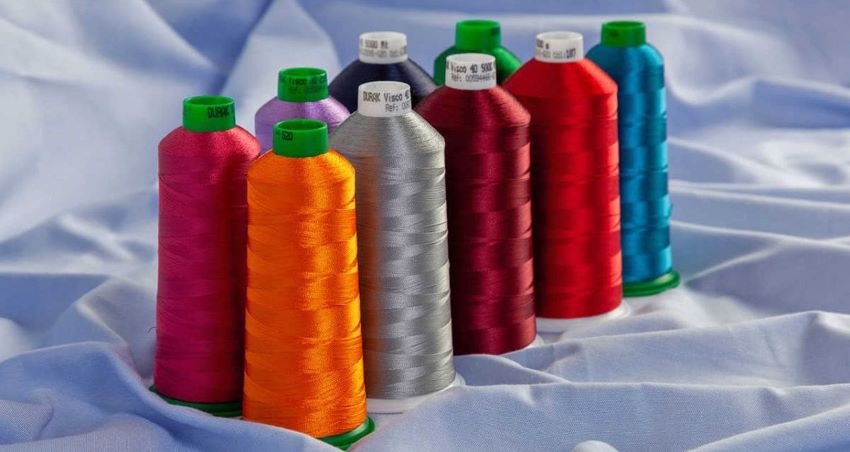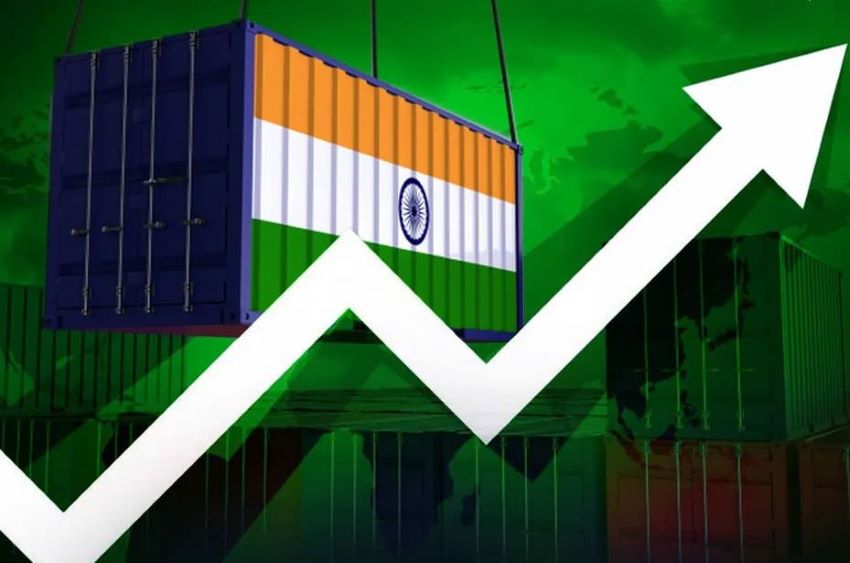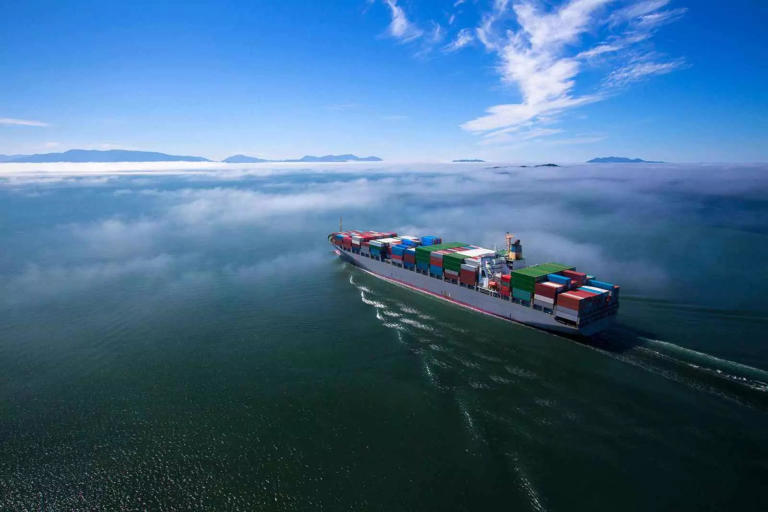FW
With the trend toward simplifying the shopping and the wearing experience, consumers want clothing that can transition with the demands of the day.
Men want a better fit. They want outdoor clothing that they can also easily wear in an urban setting without looking or feeling out of place. Many women love wearing their black workout leggings for social occasions. There’s been a sizeable shift in corporate culture recently, with active and outdoor wear being embraced by busy professionals.
Companies are starting to understand the need for commuter wear. The merging of technologies like Invista’s T400 and Coolmax has been a real turning point. The fibers provide just enough stretch and freedom of movement for biking and hiking, which in turn makes for an ideal foundation for casual business clothing.
Invista, leading fiber producer and parent company of lycra, is taking its technological expertise into the world of fashion in a new partnership with emerging designers that explores the style potential of functional clothing.
Invista’s collection is a true merging of fashion and function. The challenge for designers is to incorporate Invista’s breakthrough fabrics and fibers into designs that could live just as comfortably in an outdoor setting as a conference room.
www.invista.com/
India's exports of readymade garments jumped 33 per cent from 2013-14 to 2014-15.The expectation is that the stupendous uptrend will continue for the next three years
.
In the new trade policy, the government has provided export incentives to the tune of five to six per cent to garment exporters. With the government’s focus on the Make in India theme, there is an increasing focus on facilitating exports of garments. Textile companies are finding it relevant and profitable to export garments rather than raw materials.
Demand revival in the US and European Union emerging from economic activities picking up in these markets has boosted garment export during the year. The US and the European Union account for the bulk of apparel exports from India.
Lastly, there is a shift in demand for garments from China to India. The rise in labor and power costs has made production in China expensive compared to India.
The strong performance by India this year was also a reflection of a progressive decline in Chinese exports to major markets such as the US, currency appreciation in Indonesia, labor unrest in Asian competitor Cambodia and safety concerns after a major factory fire in Bangladesh last year.
In contrast to the growth in readymade garment exports, cotton yarn export has been tepid. Export of cotton yarn declined 29 per cent in 2014-15 as China reduced its buying from India.
Sportscraft and Woolmark continue their long-standing partnership with a sophisticated capsule of wool pieces for winter 2015.The capsule collection consists of beautifully soft wool garments, all of which possess the iconic Woolmark symbol, signifying pure new wool and the highest mark of quality.
The long history of collaboration between the two brands reinforces the mutual commitment to supporting the Australian wool industry and highlighting the beauty of the world’s finest fiber, Australian merino wool.
For winter 2015 modern knit jumpers, chunky turtlenecks and cardigans, coats and luxurious dresses are realised in camel, grey, taupe, cream and winter white tones livened by pops of tangelo orange and citrus. Key pieces include luxe wool winter coats in soft pink and grey, chunky sleeveless knits in grey and taupe, sophisticated suiting and a range of merino wool essentials perfect for winter layering.
Sportscraft was founded in 1914 in Australia. It is a fashion and lifestyle brand. It caters to men and women with a range of clothing and accessories that epitomises authentic Australian style.
Woolmark is the global authority on wool. It highlights Australian wool’s position as the ultimate natural fiber and premier ingredient in luxury apparel. The Woolmark logo provides assurance of the highest quality and represents pioneering excellence and innovation from farm through to finished product.
www.sportscraft.com.au/, www.woolmark.com/
The global organic cotton market has witnessed a ten per cent rise in production largely due to increased market demand as well as more collaborations between farmers and the textile supply chain.
The total amount of organic cotton used by the top ten brands has grown by 25 per cent since 2014. The coming year will see further growth by around 15 to 20 per cent.
Of the total global organic fiber production, 96.7 per cent is produced in the top five organic cotton producing countries. This indicates a need to spread out production and supply chains to more countries to extend the reach of organic cotton.
Pesticides and fertilizers used to grow non-organic cotton have a harmful impact on the environment. Organic cotton is sourced from suppliers who use sustainable farming and production processes. This means it avoids the use of chemicals, hormones and preservatives which damage the earth and are harmful to people. 100 per cent organic cotton that’s used for T-shirts is dyed using a 100 per cent organic process.
India is the largest producer of organic cotton in the world, accounting for two-thirds of the global organic cotton production.
Vietnam's geographical location in Asia, with good access to India, China and south east Asia, leaves it well placed to trade with its fast growing neighbors.
Vietnam's fastest growing export destinations in the decade to 2030 will be China, India and Malaysia. The country’s exports to all these markets are expected to grow by at least 14 per cent per year.
Vietnam is ranked 75th out of 189 economies on the ease of trading across borders, well ahead of both China and India. The ranking reflects Vietnam’s role as a regional trading hub and its efforts to dismantle barriers to free trade.
Although the US was still Vietnam’s largest export market in 2013, signs are that China will overtake it to become Vietnam’s largest export destination by 2030. Vietnam’s location and strong foothold in both clothing and telecom means it is well-placed to access this buoyant consumer market.
Yet the US and Vietnam enjoy historically strong commercial linkages. By 2030 the US will account for 15 per cent of Vietnam’s exports. Vietnam and the United States are two of the 12 countries currently negotiating the Trans-Pacific Partnership. When the agreement is finalized, Vietnam’s exports will become even more competitive in the US, probably boosting trade between the two countries.
The Cotton Development and Research Association (CDRA) has launched kapas plucking machines for farmers. The association had been making attempts to manufacture cotton picking machines to suit Indian cotton crop conditions and bring down the cost for farmers since there is a shortage of labor for cotton picking.
It developed the battery-powered, portable, handheld kapas plucking machine in association with Coimbatore-based Point Industries. The machine is provided with a cotton collection bag. With manual picking, a farm worker will be able to pick 13 kg to 15 kg of kapas a day and the farmer pays Rs 230 to Rs 250 as wages. This works out to over 35 per cent of the kapas’ cost. With the machine, the cost can be reduced to less than seven per cent of the kapas’ price.
The association would appoint distributors for sale of the machine to farmers. The response to the machine so far has been encouraging. The association has appealed to the state government to reduce the value added tax on the machine to five per cent from the current 14.5 per cent. It had conducted several field trials before launching it for sale.
The German-led Partnership for Sustainable Textiles (GPST) has been making headway on its promise to bring about social, ecological and economic improvements all along the textile supply chain. Since October the GPST has modified its approach, and its membership has grown to over 100. It includes practically all Germany’s major retailers and garment companies.
The GPST has, in fact, has a wide range of members intended to bring about social, ecological and economic improvements all along the textile supply chain. It wants 75 per cent of Germany’s textile market volume to join it by 2018.
It has drawn up standards for the whole raw material and textile and clothing production chain, especially in five areas: building safety; better industrial relations; achieving living wages; fiber production, especially for cotton; reducing harmful chemicals, initially, focusing on water contamination.
It also plans to develop production facility pools in major producer countries, especially Bangladesh, Cambodia, China, Pakistan and Vietnam.
The initiative has managed substantial improvements to textile and clothing production facilities in countries accounting for over half the world’s apparel production and has support from a critical mass of garment buyers and pressure groups.
GPST’s formula is that of quiet government intervention and joint management by companies and non-profits.
With the 'Make in India' vision remaining a distant dream, Ludhiana's garment machine manufacturers have joined hands to save the industry. Ludhiana was once known to be among the few manufacturers of flat machines. But now imports from China and Taiwan have increased.
About 80 industrialists have joined hands and they will go for a multi-pronged policy to rescue the industry. In an effort to give an exposure to the industry, they would organize an international expo in February 2016. The stalls would be spread on a 6,000 square meter area and 1,000 products related to spinning, weaving, knitting, dyeing, finishing, printing, sewing machines and accessories would be displayed and these would be of 350 national and international brands.
Requirement of knitwear especially from the defense forces during World War II gave a boost to the knitwear industry in Ludhiana. Knitwear production multiplied during 1950 to 1980 and real diversification took place during and after the decade of 1980s.
Ludhiana is known for its knitwear (cotton and acrylic/blends) and woolen knitwear industry. While Tirupur is known for cotton knit wear. The Ludhiana knitwear industry makes a tremendous use of acrylic yarn. Ludhiana contributes 95 per cent of the country's woolen knitwear.
Bangladesh has been ranked by the International Trade Union Confederation (ITUC) as one of the worst countries in the world in terms of workers’ rights.Countries are in six groups — irregular violation of rights, repeated violation of rights, regular violation of rights, systematic violation of rights, no guarantee of rights. Bangladesh is grouped under the no guarantee of rights title.
ITUC rates 141 countries on a scale of 1 to 5 based on the degree of respect for workers’ rights. Countries with a rating of 5 are the worst countries in the world to work in. While legislation may spell out certain rights, workers have effectively no access to these rights and are therefore exposed to autocratic regimes and unfair labor practices.
In Bangladesh, unions are prohibited by law, allowing only for the establishment of worker welfare associations, which do not have the same rights as unions. In most export processing zones, labor inspections are rare or under the purview of a special inspection rule which does little to enforce the law. Police crush marches and demonstrations where workers demand minimum wages and job security.
ITUC notes serious violations of trade union rights occur in export processing zones throughout Asia including Sri Lanka, Malaysia, Cambodia, and the Philippines.
www.ituc-csi.org/
Textured Jersey has been named Firm of The Year at the World Textile Awards in London.It has also been named dyer and finisher of the year. The company is a weft knit fabric manufacturer in Sri Lanka. It beat competitors from UK, USA, China, India, Turkey and a dozen leading destinations for textile and garments in areas like fiber, spinning, weaving and garment making.
The World Textile Awards, the premier platform for industry specialists from around the world to showcase their expertise, was created to recognise and reward companies that set the benchmark for others. The companies go through a stringent selection process, are judged by an elite panel, comprising the industry’s most respected experts from across the globe drawn from leading international textile organisations, institutions and companies.
The mission of the awards, headquartered in London, is to provide a global platform to reward excellence amongst outstanding textile companies across the entire industry from fiber production to end stitched product.
Textured Jersey was founded in Sri Lanka in 2001. The company supplies to some of the best international brands including Marks & Spencer, Victoria’s Secret, Intimissimi, Tezenis and Calvin Klein. It has gone a long way in helping place Sri Lanka on the map as a destination for world class manufacturing.
www.texturedjersey.com/


